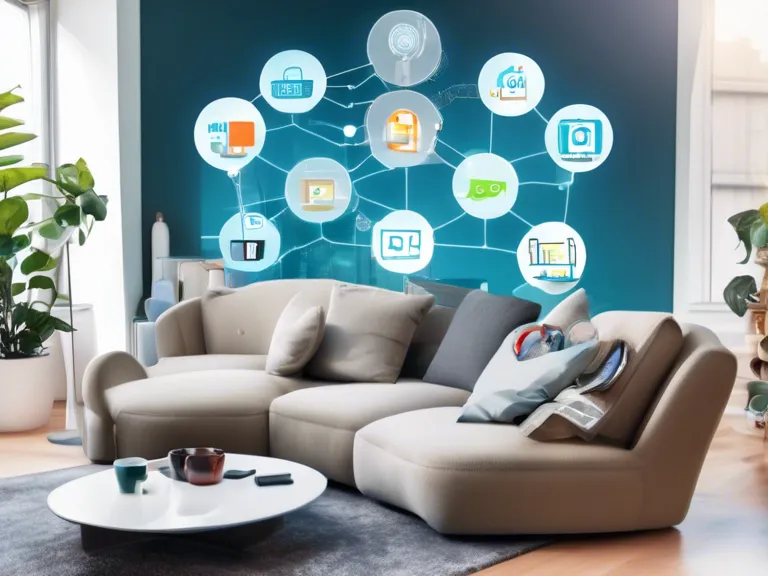
The Internet of Things (IoT) has made its way into the healthcare industry, revolutionizing the way patient care is delivered. By connecting devices and sensors to the internet, healthcare providers can monitor patients in real-time, track vital signs, and streamline communication for more effective treatment. This technological advancement is transforming the healthcare landscape and enhancing patient care with smart technology.
One of the key benefits of IoT in healthcare is remote patient monitoring. Patients can be equipped with wearable devices that continuously track their health data, such as heart rate, blood pressure, and glucose levels. This information is transmitted to healthcare professionals in real-time, allowing for early intervention and personalized care plans. Patients no longer need to visit the hospital frequently for routine check-ups, as their health can be monitored remotely, leading to improved quality of life and increased patient satisfaction.
IoT devices also help in medication management by providing reminders and alerts to patients when it's time to take their medication. This ensures adherence to treatment plans and reduces the risk of missed doses. Smart pill dispensers can be programmed to dispense the correct dosage at the right time, helping patients manage their medications more effectively.
In addition, IoT technology enables healthcare providers to optimize hospital operations and improve workflow efficiency. From tracking inventory levels of medical supplies to monitoring equipment maintenance schedules, IoT devices can help reduce costs and enhance the overall patient experience. Real-time location tracking of assets and patients can also improve staff communication and response times in emergency situations.
Overall, the Internet of Things has the potential to transform the healthcare industry by enhancing patient care with smart technology. By leveraging IoT devices and sensors, healthcare providers can deliver more personalized and efficient care to patients, leading to better outcomes and improved patient satisfaction.

